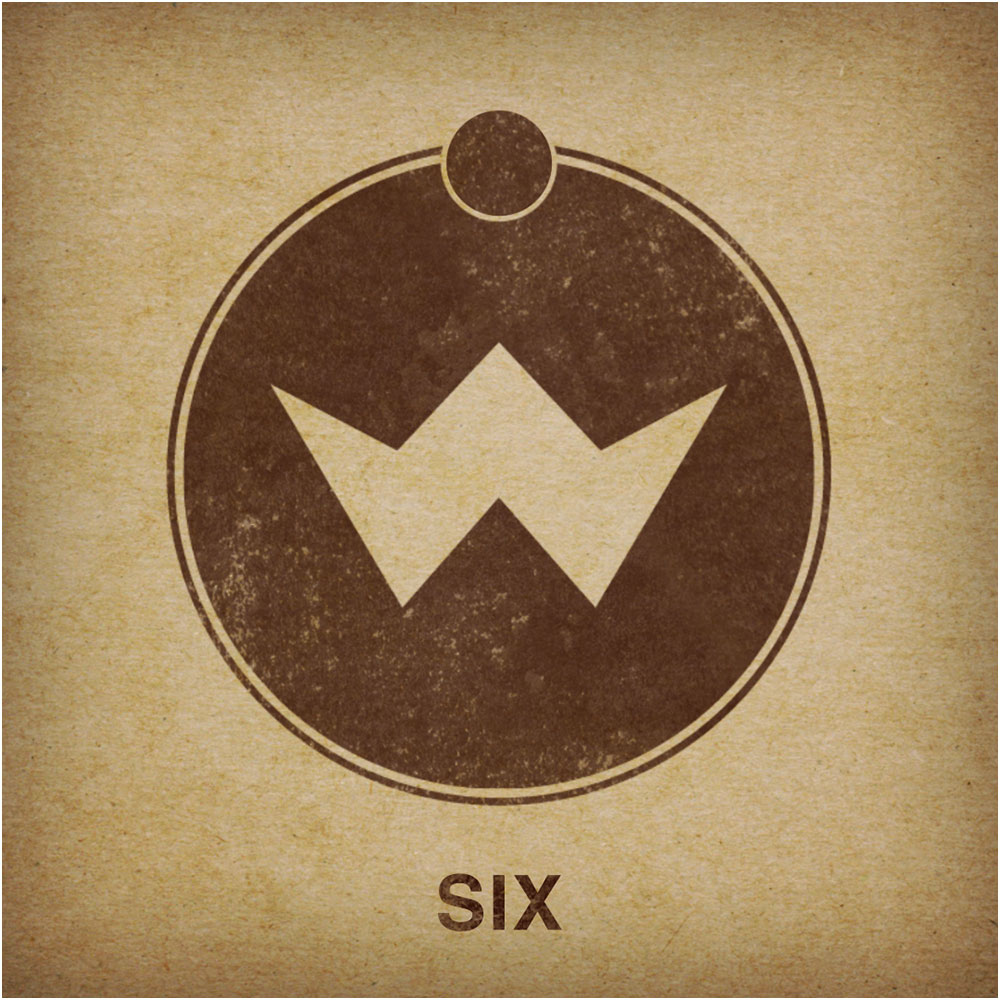
Chris Tomlin
Forever (Sing Praise)
Forever
All flesh is grass, and all its beauty is like the flower of the field. The grass withers, the flower fades when the breath of the Lord blows on it; surely the people are grass. The grass withers, the flower fades, but the word of our God will stand forever. (Isaiah 40:6–8)
These verses are not about grass.
We need to take a step back to capture the real comparison that’s happening here. We see it in verse 6 when Isaiah tells us: “All flesh is grass, and all its beauty is like the flower of the field.”
Flesh is another way to say “people.” It’s a reference to our human-ness, and the point is that all of us — you and me and everyone — are fragile as grass. What he means is that, in comparison with the Lord, we’re extremely vulnerable, empty, weak. When we see grass we should be reminded of who we are in light of God’s power. The very breath of God up against us would cause us to wither and fade. Isaiah doesn’t want us to miss this: “surely the people are grass.”
With that point established, he speaks in verse 8: “The grass [that’s you and me] withers, the flower fades, but the word of our God will stand forever.”
The comparison, then, is not between mere grass and the mighty word of God. The comparison is actually between humans (who are fragile as grass) and the mighty word of God. We humans, a lot like grass, will wither and fade. We are but little sprigs of turf compared to God’s word.
The Whole Gospel Here
Don’t be mistaken. This passage of Scripture is for our comfort, not our rebuke. Isaiah says a lot in his book about God bringing an end to the haughty and prideful. But here, the word begins with “Comfort, comfort my people, says your God” (Isaiah 40:1). We should be comforted that we’re like grass, but that the word of God is forever.
John Calvin writes, “This passage comprehends the whole gospel in a few words.”
It’s in two clear points: our nature and God’s authority. We know we’re like grass. Mankind can only impress himself for so long. We live in a world of breathtaking canyons and unimaginably deep oceans, after all. There are high mountains and tsunamis. It’s hard to stay haughty when you have a good look around.
But more than that, we’re also fallen. We’re sinners, which means that for all our grass-likeness, we’re actually too blind to really understand it on our own. We are unreliable and entirely desperate for God’s help.
Seeing Who Is Forever
So there is humanity, but then there isGod. There is God and his word.
The word of God is the demonstration of his authority. It is his communicated resolve. It is his promise to save, to end our warfare and pardon our iniquity. In one sense, we might say that “God’s word” is shorthand for his whole action of salvation, of revealing his glory, of making himself known to grass like us. God’s word is the great and wonderful and lovely opposition to our fragility.
We are grass, for sure, but grass for whom Jesus has come and suffered in our place and bore the wrath we deserved and was buried and then raised on the third day. He ascended to heaven and is now reigning over his coming kingdom. And we can trust him. We, fragile as grass, can trust him who is forever faithful. We can trust our God whose word will stand forever, who is forever strong and forever with us.
We can trust him, and we will sing praise.